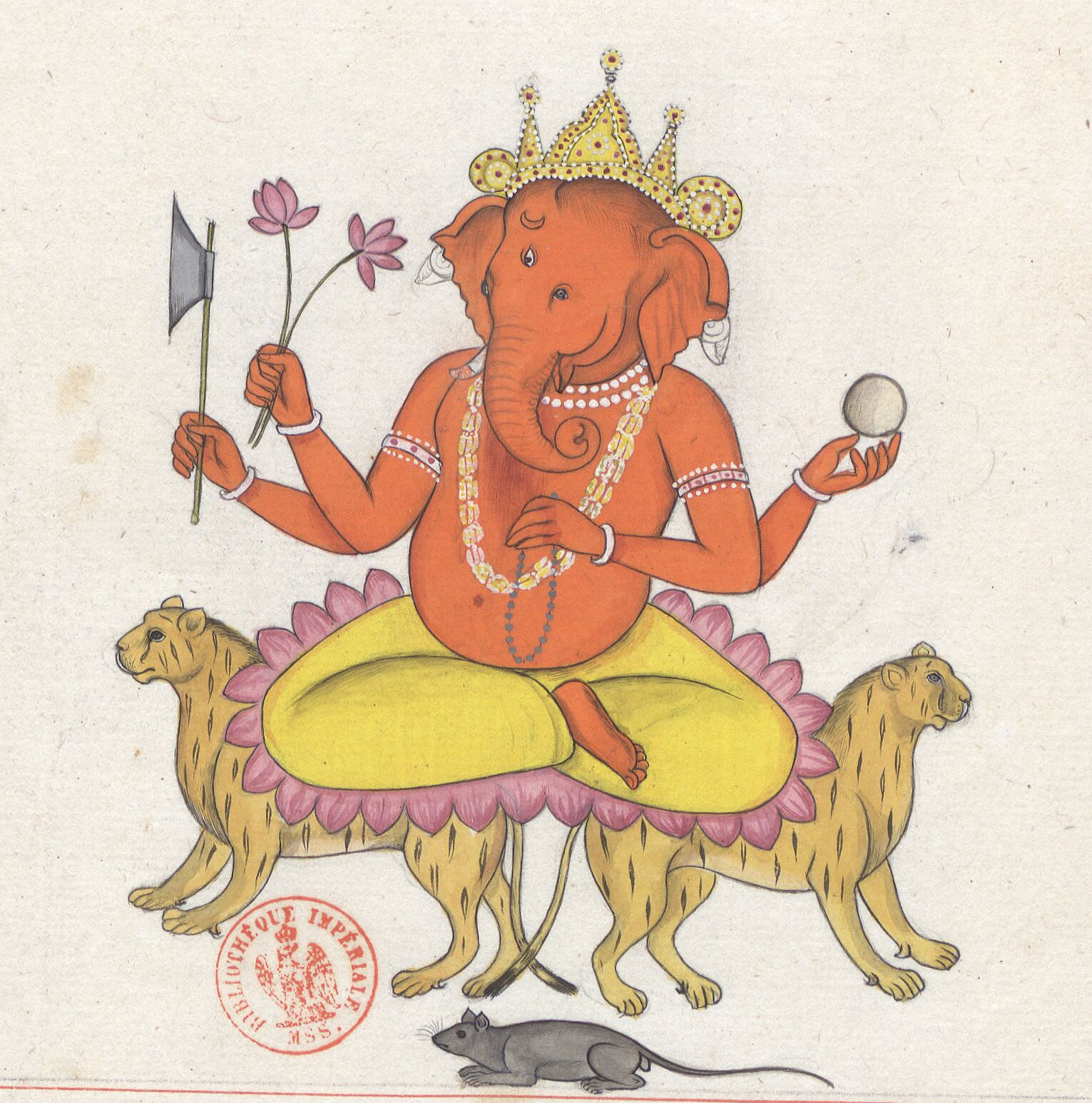The adventure of Jean-Baptiste Gentil in India, where he spent twenty-five years, was mixed with successes and setbacks. It all began when the young 26-year-old knight, attracted by the riches of the far-off land, left French territory to enter the service of the French East India Company.
In the service of the French East India Company
After a five-month sea voyage, Gentil reached Pondicherry on the 13th of July 1752. From there, he went to Hyderabad where he assumed his post as an infantry ensign under the command of the Marquis de Bussy. In the capital of Nizam, the newly arrived Gentil discovered the courteous life and the customs of the country, and made rapid progress in the native languages.
He contributed to the military successes of the Company under the command of Bussy, Dupleix, Law de Lauriston, de Conflans and Lally-Tollendal. In 1761, after the abandonment of the trading posts of Pondicherry and Chandernagore to the English, the French officers had to join forces with the princes.
At the court of Mir Qasim Ali Khan in Bengal
Gentil went to the court of the Nawab Mir Qasim where he befriended the Prime Minister Gourghin Khan, whose attaché he was. Witnessing the assassination of the minister by orders of the Nawab, the young Frenchman was shocked by the atrocities committed by the prince.
Gentil claimed some English soldiers as French to save them from the massacre ordered by the Nawab in Patna. In turn, the latter invited Gentil to renounce his position. His new job takes him to the ancient city of Awadh.
Near Shuja-ud-Daula in Awadh
As aide du camp to Shuja-ud-Daula, Prince of Awadh, Gentil successfully negotiated with General Carnac at the Battle of Buxar (1764) after a humiliating defeat of the allied armies of Mir Qasim, Shuja and Shah Alam II against the English.
Awarded the title of French Resident at the Awadh court, Gentil received a salary of 30,000 rupees each year, devoting this sum to the design of his collection and to the benevolence of the French wandering in the country. A knight of the Order of St. Louis, he assembled a corps of six hundred French soldiers employed by the prince, protector of the French, to whom Gentil dedicated his Memoirs.
After the death of the prince, his son Asaf-ud-Daula dismissed Gentil under pressure from the English. In 1775, he left Faizabad with his family and stayed in Chandernagore until his return to France in 1778.
Return to France
Upon his return, Gentil deposited his collection in the King's Library, refusing the offer of 120,000 rupees by the English to buy his collection. He was rewarded with the rank of colonel. In 1788, he served as an interpreter at Tipu Sultan's embassy in Versailles. With the arrival of the Revolution, Gentil lost his military pension and lived a modest life in Bagnols until his death at the age of 73 from an attack of paralysis.
The life and work of Jean-Baptiste Gentil, soldier, diplomat, writer and collector, deserves its place in the shared history of France and India.
Published in may 2023
.png)

